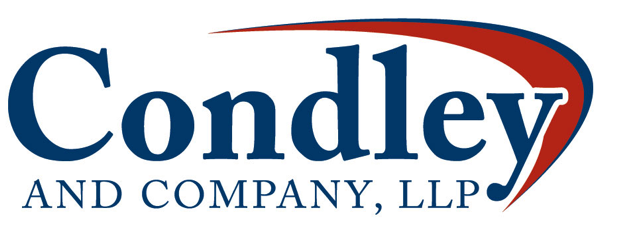
Whether for a first-time commercial lease or if it’s time to move to a bigger and better building with a new business lease, understanding all of the elements in the contract can avoid a lot of potential problems down the road.
Types of Leases
An important, if not the most important, consideration is to understand the type of business lease you sign. Whether it’s a gross lease, a modified gross lease or a net lease, each one determines which party is responsible for specific expenses. A gross lease generally includes the cost of building maintenance, real estate taxes and insurance in the monthly rental fee. Under a modified gross lease, the tenant is usually responsible for expenses directly related to the unit such as maintenance, repairs and utilities, but the landlord covers taxes and insurance. Net leases vary, but common costs the lessee is responsible for often include monthly bills such as insurance, maintenance, utilities and property taxes.
Financial and Privacy Expectations
Unlike residential leases, a commercial lease may not provide as much protection for the lessee. For example, a business lease might not have a security deposit cap or protect the occupant’s privacy as well as a residential lease.
Modifications
It also is important to learn how improving or modifying the leased building works, especially in reference to build-outs. Find out if custom modifications are permitted during construction and determine which party pays for and has ownership over these types of improvements. Read this section of the lease carefully to assess how fixture ownership works during the term of the lease and after it ends.
Long and Short Term Building Use Considerations
Coming to a meeting of the mind is essential before, during and after the lease term when it comes to transfers, subletting and dispute resolution. Investigate whether the lease can be assigned to another party during its term or if unused office or manufacturing space can be subleased to a third party. Other concerns include how and where disputes will be settled – mediation versus arbitration versus court proceedings.
Another consideration for a lease is compliance with the American Disability Act (ADA). Businesses that open their doors to the public, along with many internal office environments, may be subject to ADA required modifications such as braille signs and wheelchair ramps. Specify how those modifications will be paid for, including the exact percentages for split expenses.
Understanding Your Rental Space and Signage Ability
Less commonly known, the space subject to lease is referred to as the demised premises. While individual terms vary, it often consists of the address to be leased, the site’s square footage and the physical locations within the building to be used (basement, office space, parking spaces, points of public access, etc.).
While this is only a start and each lease contract is unique, working with a real estate agent or broker and an attorney is the only way to ensure the right language is included in your next lease agreement.
